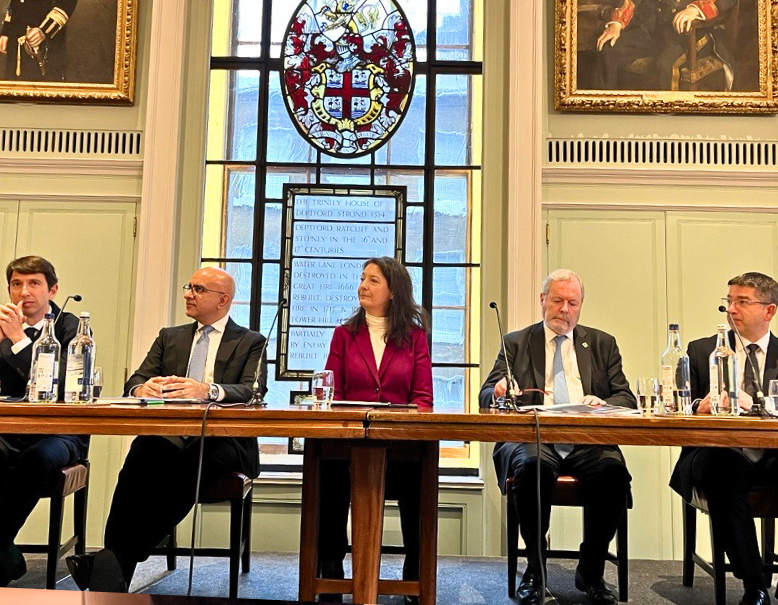Equipping Seafarers to Safely Manage New Fuel Realities
16 December 2024
At this year’s Lloyd’s List Outlook Forum, one of the key areas of focus for panellists considering the outlook for 2025 and beyond was how to make the right choices as the industry decarbonises. Here, Zodiac Maritime’s Chief Operating Officer Tanuj Luthra, one of the event panellists, expands on the issue and why new safety training efforts are essential.
For decades, seafarers have worked with fuels that share many similarities in safety and handling. Traditional maritime fuels are liquid at atmospheric pressure and temperature, derived from similar production processes, and managed using long-established methods. This uniformity simplified training and operations for a long time.
But as we strive towards the IMO’s targets for decarbonising the industry and as decarbonisation technologies advance, safety needs are changing, and it is essential that the approach to training in the maritime sector keeps pace.
The shift to future fuels that businesses like ours are making introduces new complexities. These fuels have different characteristics, handling risks and response requirements both in normal usage and also should an emergency situation be caused by them. Adding to the challenge, we are likely heading into a multi-fuel reality for the next several years, with seafarers having to work with new low and zero carbon fuels alongside traditional fuels. As safety guidelines and standards are still evolving alongside the development of these fuel sources, combined with limited operational experience, this ultimately amplifies the risks.
Mistakes are costly. They can lead to severe human and environmental consequences, and could also slow the industry’s decarbonisation progress.
We need to find new training methods that truly seek to enhance crew competence and limit potential incidents. Traditional shore-based courses and static certifications that remain valid for years at a time are inadequate when fuel technologies are evolving so rapidly.
The path forward for improved safety
At Zodiac Maritime, we are proud to prioritize safety through basic and advanced courses and familiarisation tours for our crews to prepare them for safe handling of new fuels that significantly reduce our greenhouse gas emissions. However, addressing these challenges effectively will require industry-wide collaboration. Safe fuel usage must be treated as a shared responsibility. Practical steps include:
Knowledge Sharing: Openly sharing best practices and operational experiences.
Continuous Assessment: Regularly updated digital assessments to gauge crew competence.
Just-in-Time Training: Rolling out targeted, timely training before embarking on vessels.
Familiarisation: Taking part in joint familiarisation opportunities with other companies for critical operations like bunkering.
Ultimately, it is vital that all marine stakeholders, including ship owners, ship managers, manufacturers, Classification societies and Flag States foster close collaboration to ensure a safe transition to future fuels to progress towards our ambitious decarbonisation goals.
Find out more about the Lloyds List Outlook Forum here:
https://www.lloydslist.com/LL1151754/Lloyds-List-Outlook-Forum-shippings-superior-talking-shop

